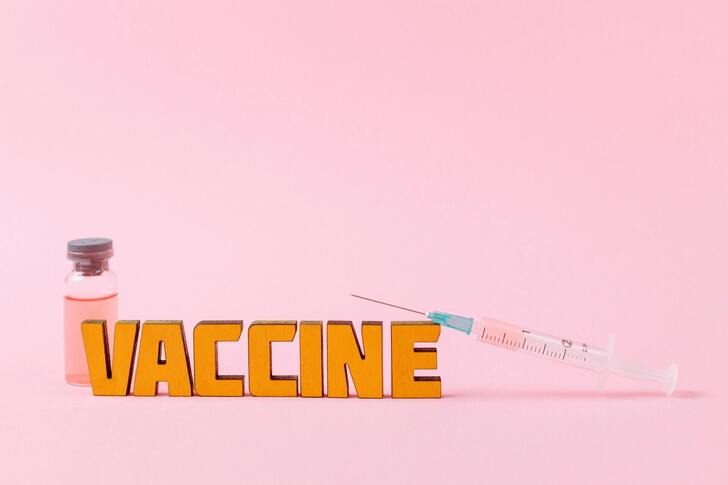After the United States briefly halted the use of the Johnson & Johnson Covid-19 vaccine in April, fewer Americans claim they favor it, but 17 percent of Americans in a recent survey say it is still their top option.
"Almost 20% of unvaccinated Americans still prefer J&J Covid vaccine after U.S. pause; survey shows" That's down from 29% in March, before the pause, according to consecutive surveys of more than 1,500 Americans done for CNBC by global data and survey firm Dynata." [1]
According to concurrent surveys of more than 1,500 Americans conducted for CNBC by global data and survey company Dynata, this is down from 29 percent in March, prior to the pause.
Here is What Dynata Survey Summary Says
According to the Dynata survey, which was conducted between April 24 and 27, more people said they favored the Pfizer vaccine after the J&J pause; Pfizer's top option increased from 20% in March to 35% in April. Moderna's vaccine increased from 10% to 17% as the top option in March to April, while those who said they'd favor either one of those vaccines, which are both two doses and use the same messenger RNA technology, remained basically constant at 12 to 13%.
Reinstating Its Use of J&J
The suspension was proposed from April 13 to April 23 while US regulators investigated unusual but serious cases of blood clots linked to the vaccine. After a CDC advisory panel found that the benefits of the shot outweighed the risks, the Food and Drug Administration and the Centers for Disease Control and Prevention recommended reinstating its use while warning that the clot risk is greater for women below 50
Decreased in April Compared With March
Undoubtedly, considering the higher risk of blood clots for women, their preference for the J&J vaccine fell the most, to 14% in April from 28 % in March, compared to a drop to 21 percent from 29 percent for men.
The J&J pause came at a time when regular vaccines in the United States were at an all-time high, with more than 3 million shots given on average every day. According to Evercore ISI results, the United States reported 1.2 million shots administered on Monday, the lowest number since February.
Local authorities, however, told CNBC that it was difficult to determine how much the delay impacted vaccination rates because appointments were already beginning to go unfilled at the same time.
According to Judge Lina Hidalgo from Harris County, Texas, "In some ways, we've gone through the people that were just so eager to get it, and they wanted it, you know, yesterday."
According to the Dynata surveys, the number of Americans who claim they do not intend to get a vaccine or are undecided decreased marginally from March to April. Those who do not want to get vaccinated fell from 13% to 12%, while those who are undecided fell from 6.8 percent to 5.6 percent.
Vaccination is Made Mandatory in Many Schools
Many educational institutions have stated that they would require students to be vaccinated in order to attend classes in the fall, and a survey conducted by Dynata found that slightly more than half of respondents aged 18 to 24 agreed that vaccination requirements at schools are a good idea. They were opposed by slightly more than a fifth of the electorate.
When asked what might make a person more likely to get a vaccine, 37% said more evidence supporting the vaccines' safety and effectiveness, while 31% said more time to feel better about long-term consequences. Just 8.1% said they would be convinced if their employer demanded vaccination.
RESOURCE:
Published by: Book Club
Source: NewsService
Release ID: 18483

